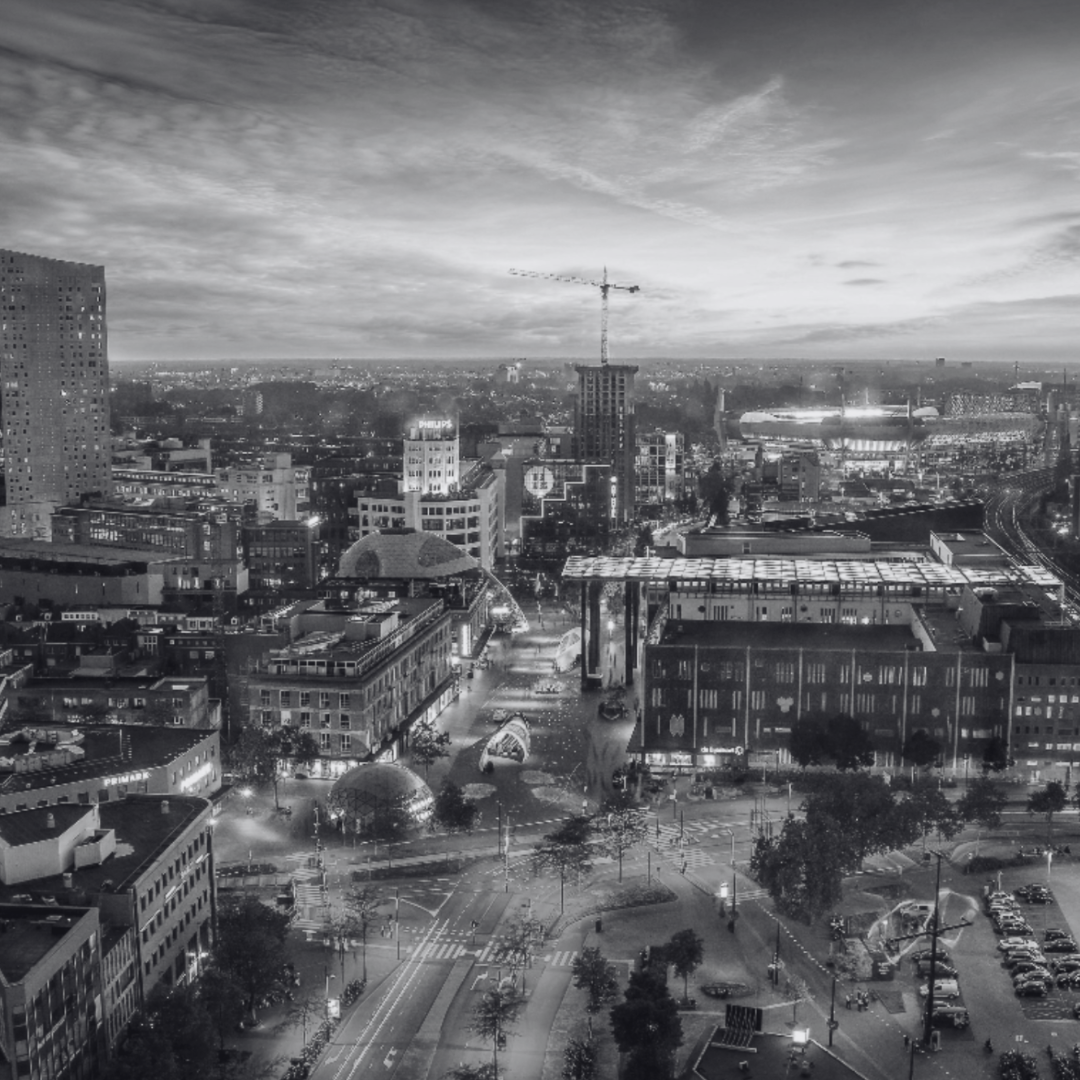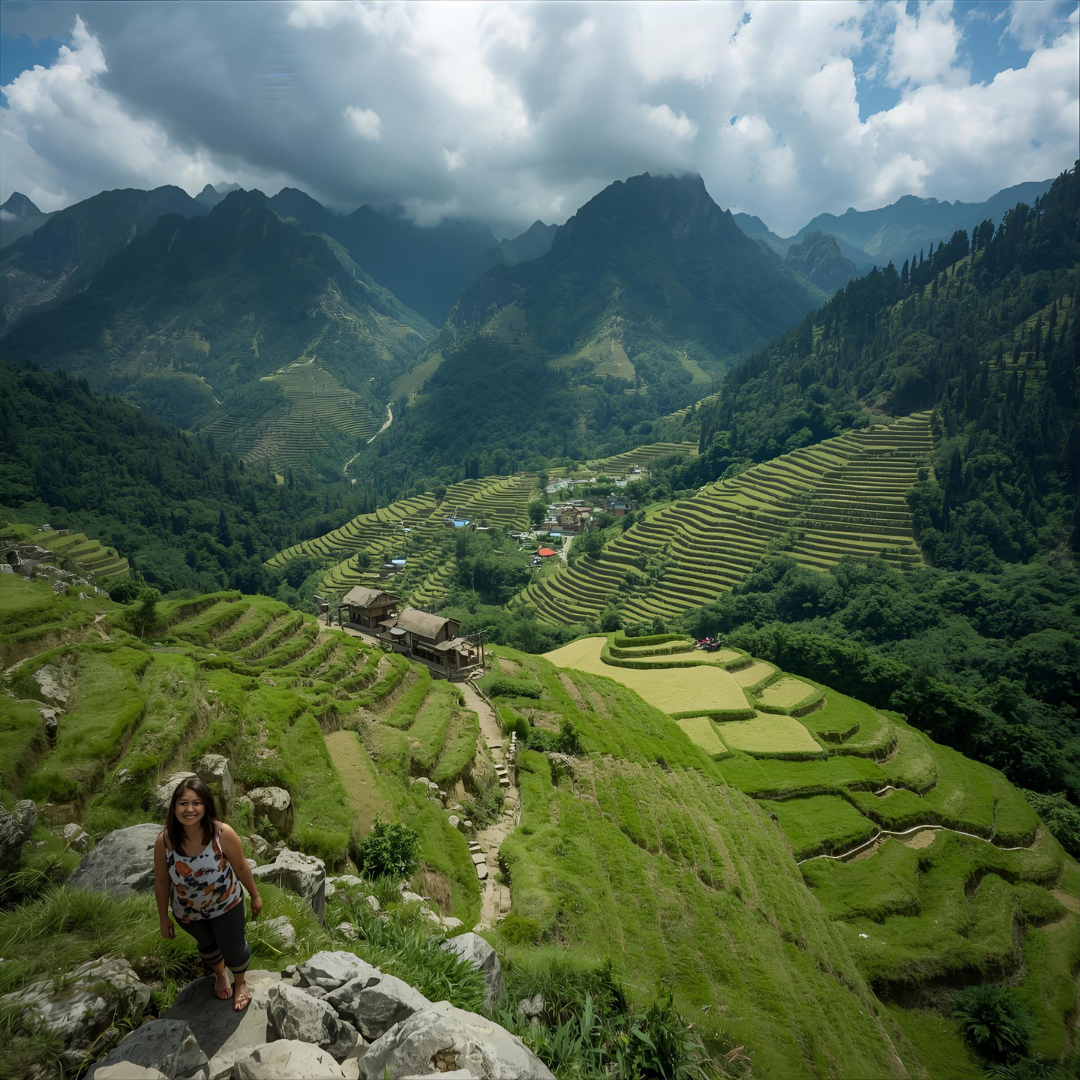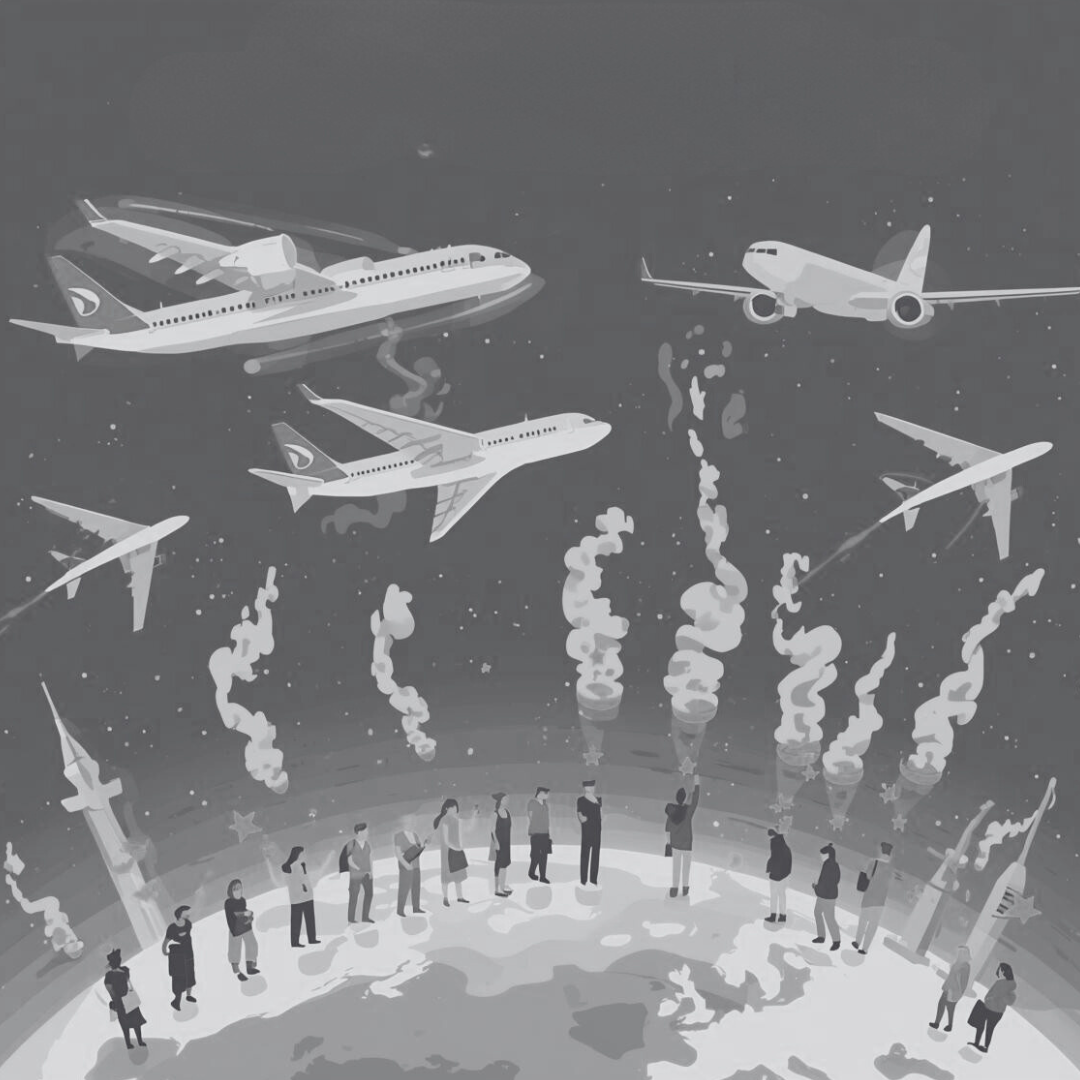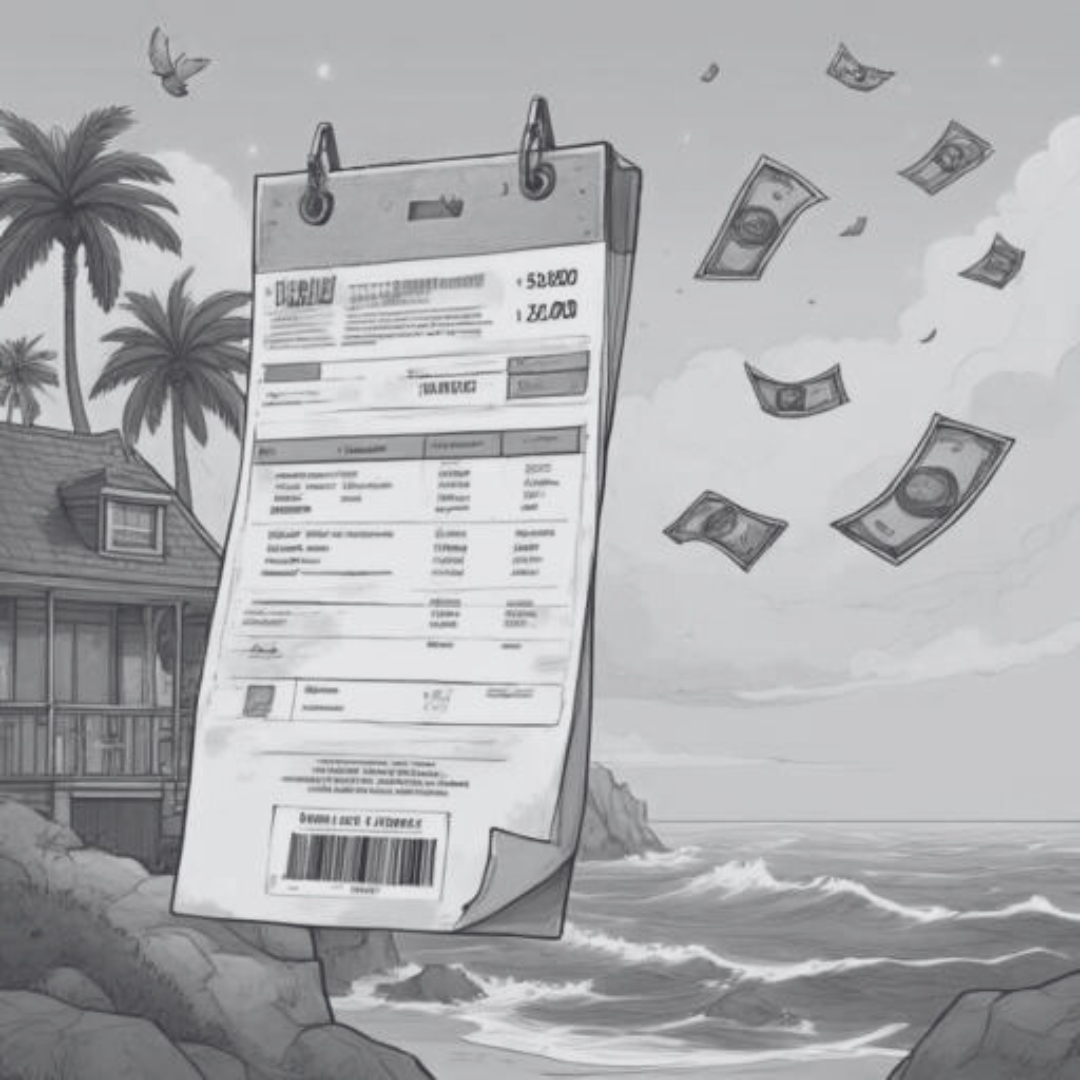
Place Regeneration versus ‘Sustaining’ Tourism
Why "Sustainability" Isn't Enough. It's Time for a Regenerative Approach.
Sustainability has become a central goal in tourism development around the world. But as the VivaCity whitepaper and many leading voices in the field make clear, simply sustaining the status quo no longer meets the urgency or complexity of today's challenges. If we want urban destinations to thrive—not merely survive—we must look beyond harm reduction and start thinking in terms of regeneration.

Beyond Damage Limitation: What Is Regenerative Tourism?
Traditional sustainability focuses on minimizing damage and keeping things in balance—essential, but not transformative. Sustainability asks us to slow the damage. Regeneration asks us to heal. Sustainability seeks balance; regeneration seeks vitality...it's very different from traditional tourism. Although today we see a lot of destinations and organizations doing 'good' and setting up activities that are positive for a place and the people who live there, it's not reaching at all, yet the full meaning and value regeneration can bring to places.
As Guy Bigwood powerfully states:
"Regeneration is more than just giving back. It is an approach of systemic transformation. It forces us to see how we can break the system and rebuild it, to make it better. It is hard work, and complex. It won't happen overnight. It requires courage and long-term commitment."
Regenerative tourism grows in soil, not spreadsheets.
Merely aiming for sustainability can stall progress. The focus on compliance, metrics, and comparison can limit true innovation and mask local blind spots. As tourism consultant Mary Isgro notes:
"Even cities doing well in [indexes] metrics might miss the most important local issue simply because it's not measured. By focusing only on [an index's] measurements, rankings risk missing what truly matters."
Rigid frameworks can unintentionally shift energy towards ticking boxes for rankings instead of pursuing real improvement, local impact, or long-term well-being. As Professor Willy Legrand warns:
"While certifications and rankings have their place, overemphasis on standardisation can overlook local realities—sometimes even undermining the communities they aim to serve. The priority should always be action and implementation, not just appearing favourably in reports."
Regeneration means looking past targets, metrics, and certifications. It's about restoring ecosystems, reviving culture, rebalancing power—including the voices of residents and communities.
Place-Based, Human-Centered Regeneration
Regenerative tourism isn't a checklist; it's a mindset—a willingness to restore, co-create, and empower. This transition moves us from minimising negatives to maximising positives. The whitepaper outlines what regenerative tourism means:
- Long-term, collective stewardship: It means shifting from short-term, extractive relationships to lifelong thinking and responsibility shared by whole communities.
- Flourishing over compensation: Instead of merely offsetting negative impacts (such as by buying carbon credits), regeneration embraces the idea that tourism can renew local culture, establish meaningful exchanges, and support thriving social fabrics.
- Residents as co-authors, not bystanders: Meaningful engagement of local people—from idea to impact—is central. True change happens when lived experiences and resident-driven insights guide strategies.
To conclude this VivaCity series:
Regenerative tourism is not a quick fix or a trend to adopt; it's a call for a deeper transformation—a process of healing places, empowering communities, and nurturing destinations to thrive for generations.
Regeneration means moving "from measurement to meaning." The future of tourism is not about being seen as sustainable; it's about becoming places that are truly alive—vibrant for both visitors and the people who call them home.
Place Generation captured their reflections in a whitepaper: The Score is Not the Story, produced by CityDNA in partnership with Simpleview/Granicus to share with other cities.
- ELKE DENS
Coming up next...a series on regenerative tourism.


